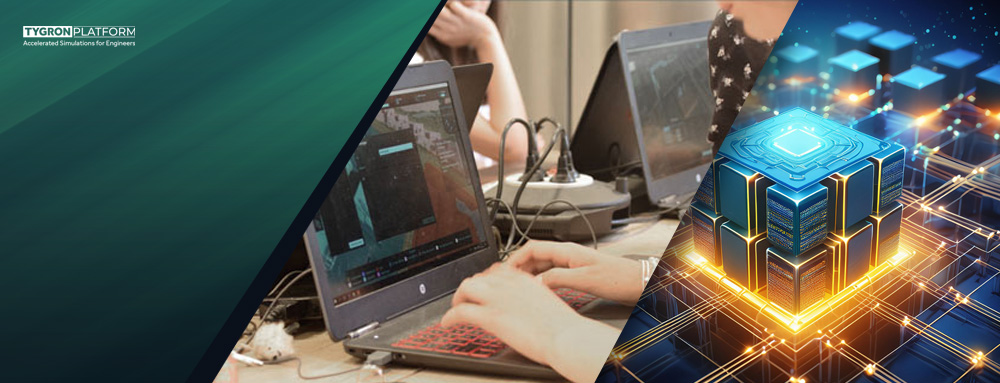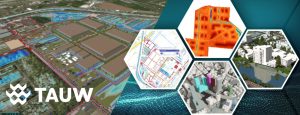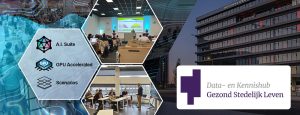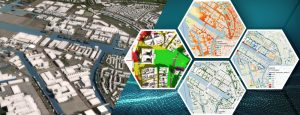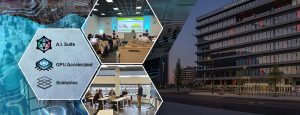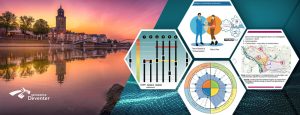During a panel discussion at the recent Tygron Community of Practice, led by CEO Florian Witsenburg, experts from the education, government and corporate sectors came together to explore the future of collaboration. The discussion focused on how these parties can work together to tackle societal challenges using innovative technologies such as Digital Twins and AI. Speakers included Stephen van Aken (Policy Advisor Innovation Healthy Living Environment Province of Utrecht), Eduard Schoor (Advisor Urban Water and Geohydrology Municipality of Rotterdam), Andy Bruijns (Lecturer/researcher Civil Engineering – Water Management Rotterdam University of Applied Sciences) and Maurits Dorlandt (Lecturer & Relationship Manager HAS Green Academy).
AI and digital twins
The rapid rise of technology such as artificial intelligence (AI) and Digital Twins places new demands on education and requires close collaboration with the professional field. Stephen van Aken emphasized the importance of broadly applicable basic knowledge among students, particularly in the field of data-driven work, but: “What should a university of applied sciences be able to teach every student about Digital Twins or AI? These developments are now happening so fast that we have not even been able to properly determine what every student needs to know about AI.” Van Aken sees these technologies not only as tools, but as fundamental building blocks for the future design of a healthy living environment.

Maurits Dorlandt added that the curriculum within his program is therefore constantly evolving: “As lecturers, we are really focused on making the curriculum as flexible as possible, so that students are trained for a future that we cannot even foresee ourselves.” He emphasized that it is the task of universities of applied sciences to make students aware of the various sources of knowledge, including AI and professional forums, so that they can independently search for and apply information.
Floating interns
However, in collaboration with municipalities and other governments, obstacles also arise. Eduard Schoor, who works for the municipality of Rotterdam, talked about the challenges he often sees when students do an internship with the government. “It is difficult when a student starts without a specific assignment,” said Schoor. “Without good guidance, you see that the student quickly starts to ‘float’ and that is not good for anyone.” He emphasized the importance of structure in the internships, in which frequent contact moments play an important role in keeping students on track and offering the right support.
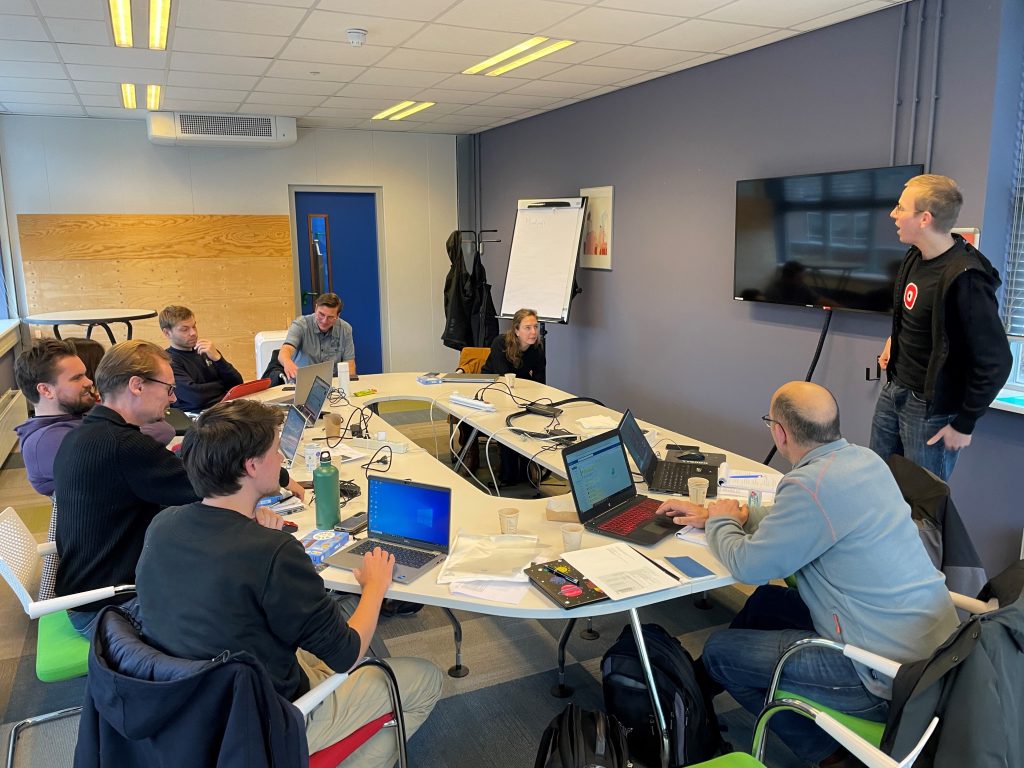
Maurits Dorlandt agreed, but added that flexible learning environments such as innovation labs can provide a solution. “In our innovation lab, students work together with clients. For example, if a municipality does not have internal expertise in data-driven work, it can work on solutions together with the student in the lab. This offers the student practical experience and the organization knowledge about new technologies,” says Dorlandt.
Specialist or Generalist
Another important discussion was about the balance between specialism and generalism in education. Florian Witsenburg asked the panel members how they view the training structure of generalists versus specialists. Van Aken indicated that generalists are needed for the broad perspective, but that an integral approach of students is just as important. “It is about students learning to collaborate across the boundaries of their own specialism,” he said. “That way they learn to look better outside their own ‘corners’ and collaborate with other disciplines.”
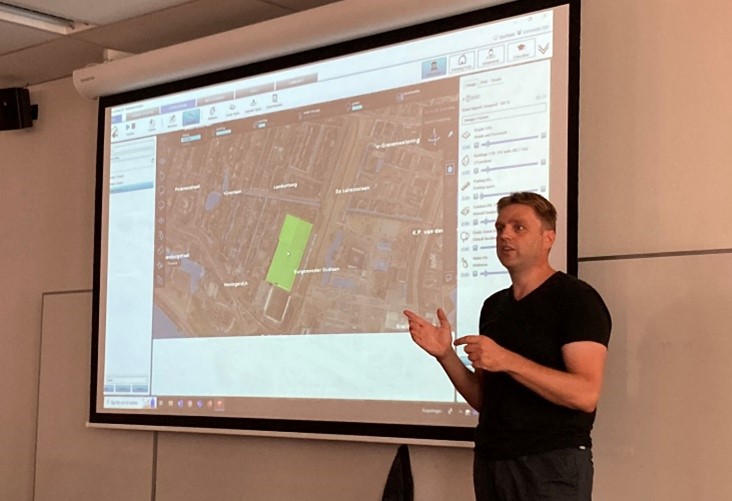
Andy Bruijns, who works a lot with multidisciplinary projects within his education, agreed and said that it is precisely the combination of different disciplines that often yields the most valuable insights. “It always leads to wonderful frustrations when a student has to explain three times what he is trying to do with his GIS map, but his fellow students do not understand him,” he joked. “That forces students to formulate their ideas clearly and learn to think from different angles.”
Technology and ethics
Eduard Schoor provided insight into how the collection and application of data is done by municipalities and how challenging this can be for both the municipality and students. “As a municipality, we sometimes receive complex questions from politics, with sensitive information. That requires data ethics and care,” he said. According to Schoor, this offers opportunities for students, who can work on these kinds of practical cases during their internship in which ethics and technology intersect.
Andy Bruijns indicated that teachers are sometimes hesitant about students using AI: “We are still terrified that students have done something with AI that we as teachers cannot assess.” Nevertheless, he emphasized that it is valuable to stimulate AI skills in students and that teachers should also embrace this technology themselves.
Flexible learning environments
The panelists agreed that a flexible learning environment – combining internships, case studies and hackathons – is the best way to achieve sustainable collaboration between education and practice. Dorlandt suggested developing internship assignments into multi-year projects that new students can contribute to each year. “Why don’t we make a list of case studies that we repeat each year, with companies and governments working together in co-creation on innovative solutions?
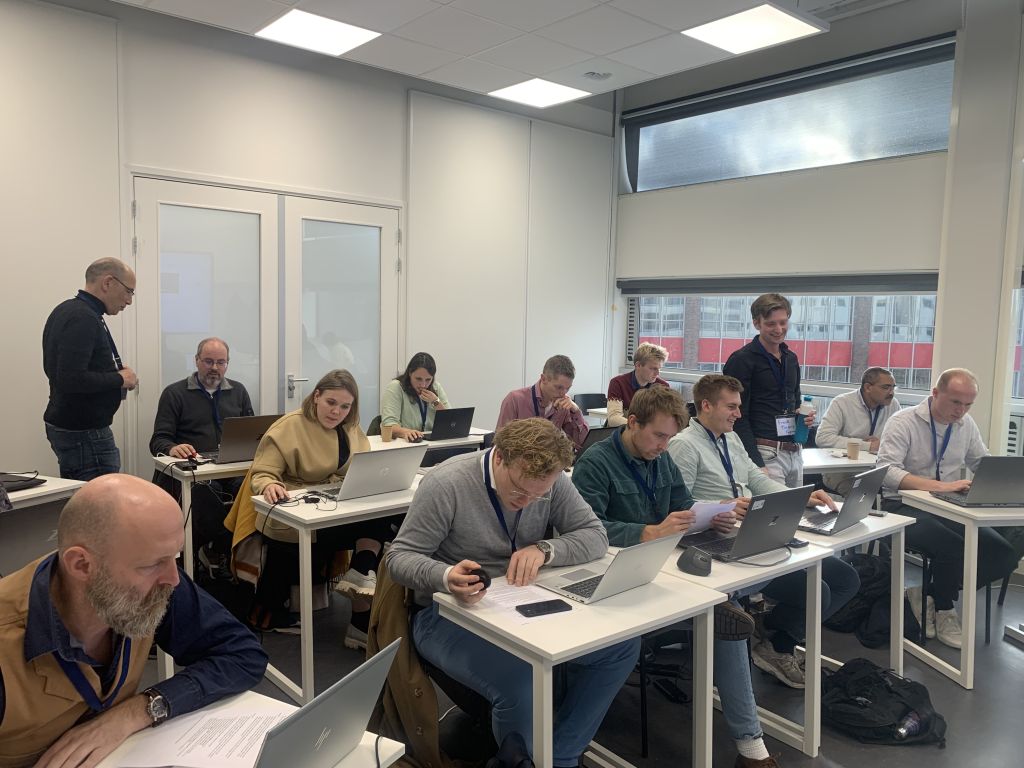
Bruijns added that these projects do not have to be tied to physical locations in the future. “The post-corona generation has difficulty approaching someone and formulating their question,” he said. “But through technology, we can also create virtual environments in which students work together with professionals on societal challenges.”
HAS Green Academy integrates its GIS education with the Tygron Platform
The four-year Applied Geo-Information Science program of the HAS Green Academy focuses on the use of spatial data for social issues. In this four-year program, the Tygron Platform plays a structural role, in which students learn to perform complex spatial analyses on themes such as climate, housing, nature and the environment.
For more information about the collaboration between the HAS Green Academy and Tygron, see:
For more information on how the HAS Green Academy integrates the Tygron Platform into its training, see:
